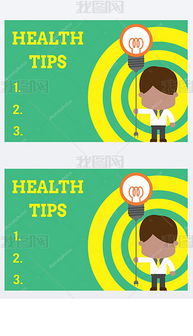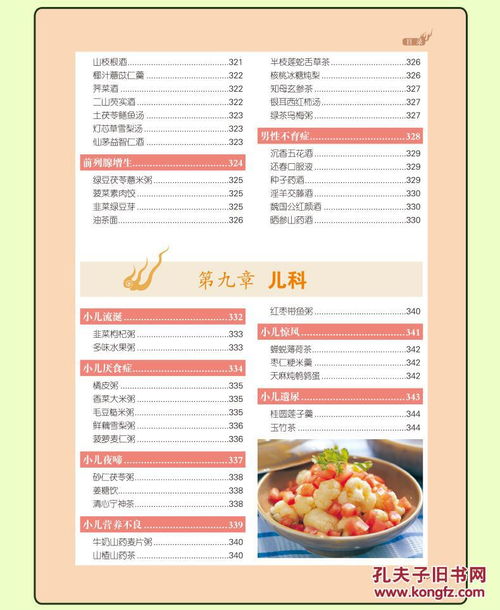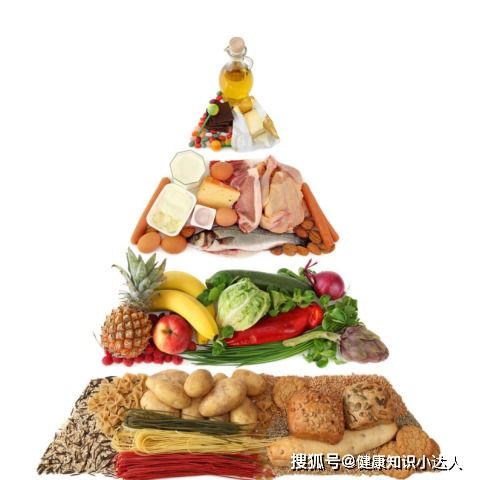Introduction
In today's fast-paced world, where convenience often takes precedence over nutrition, it's crucial to understand the importance of the nutrients found in our food. This hand-copied report aims to provide a comprehensive overview of the essential nutrients required for a healthy diet, their sources, and their roles in maintaining optimal health. By delving into the world of vitamins, minerals, proteins, carbohydrates, and fats, we can empower ourselves to make informed choices about the food we consume.
The Building Blocks of Nutrition: Macronutrients
Macronutrients are the nutrients that our body needs in larger quantities. They are the primary sources of energy and are essential for growth, development, and overall health.
1、Carbohydrates: The Energy Source
Carbohydrates are the body's primary source of energy, providing fuel for our daily activities. They are found in a variety of foods, including grains, fruits, vegetables, and dairy products. There are two main types of carbohydrates: simple and complex. Simple carbohydrates, such as those found in sugary snacks and drinks, are quickly absorbed into the bloodstream, leading to a spike in blood sugar levels. Complex carbohydrates, on the other hand, are found in whole grains, legumes, and vegetables, and are digested more slowly, providing a steady release of energy.
2、Proteins: The Body's Building Blocks

Proteins are essential for the growth and repair of body tissues. They are made up of amino acids, which are the building blocks of our muscles, skin, hair, and nails. Protein-rich foods include meats, fish, eggs, dairy products, and plant-based sources like beans, lentils, and tofu. Consuming a balanced diet that includes a variety of protein sources ensures that our bodies receive all the necessary amino acids.
3、Fats: The Energy Reserves
Fats are a concentrated source of energy and are necessary for the absorption of fat-soluble vitamins. They also play a role in hormone production and maintaining healthy skin and hair. There are different types of fats, including saturated, unsaturated, and trans fats. Saturated and trans fats are typically found in animal products and processed foods and are associated with an increased risk of heart disease. Unsaturated fats, found in plant-based oils, nuts, and fish, are considered healthier options and can help reduce the risk of heart disease when consumed in moderation.
The Micronutrients: Vitamins and Minerals
Micronutrients are required by the body in smaller amounts but are just as important for maintaining good health. They play a variety of roles, including supporting the immune system, aiding in digestion, and promoting healthy growth and development.
1、Vitamins: The Essential Organic Compounds
Vitamins are organic compounds that are essential for various bodily functions. They are divided into two categories: fat-soluble (A, D, E, K) and water-soluble (B vitamins and C). Fat-soluble vitamins are stored in the body and can be toxic if consumed in excess, while water-soluble vitamins are not stored and need to be replenished regularly. A balanced diet that includes a variety of fruits, vegetables, and whole grains can ensure adequate vitamin intake.
2、Minerals: The Inorganic Elements

Minerals are inorganic elements that are essential for various bodily functions, including bone health, nerve function, and fluid balance. Some of the most important minerals include calcium, iron, potassium, and magnesium. These can be found in a variety of foods, such as dairy products, leafy greens, nuts, and whole grains.
The Importance of Balanced Nutrition
A balanced diet is crucial for overall health and well-being. It ensures that our bodies receive the necessary nutrients to function optimally. By consuming a variety of foods from all food groups, we can achieve a balance of macronutrients and micronutrients. This not only supports our physical health but also our mental and emotional well-being.
Conclusion
Understanding the nutrients in food is the first step towards making healthier choices. By recognizing the importance of a balanced diet that includes a variety of macronutrients and micronutrients, we can take control of our health and lead a more vibrant life. This hand-copied report serves as a reminder of the power of nutrition and the role it plays in our daily lives. Let's embrace a nutrient-rich diet and enjoy the benefits of good health.
Remember, knowledge is power, and when it comes to nutrition, being informed can lead to a lifetime of well-being.











